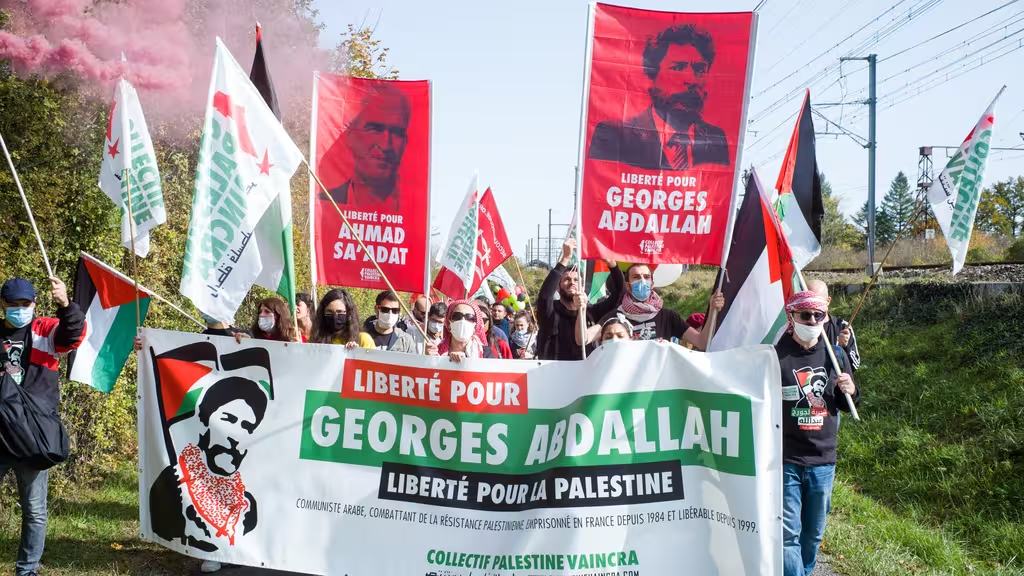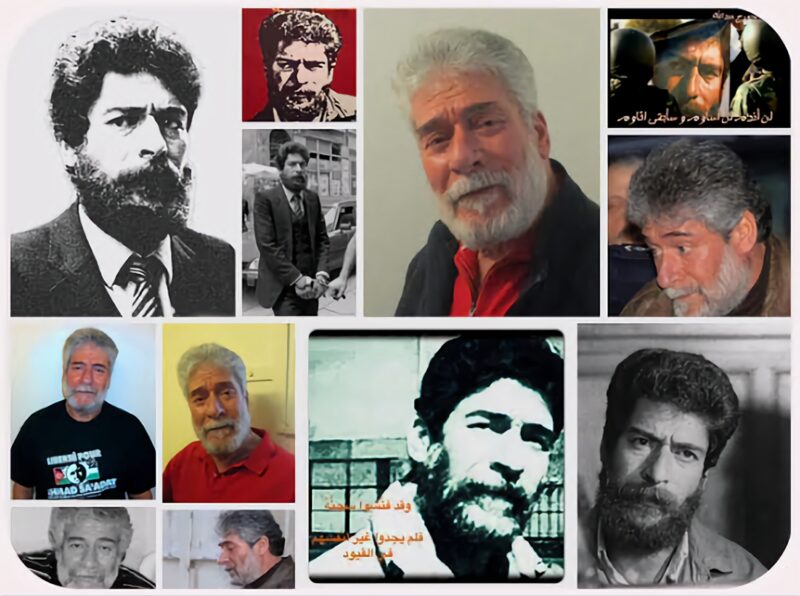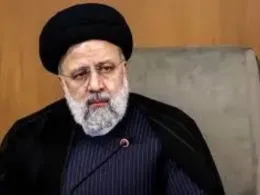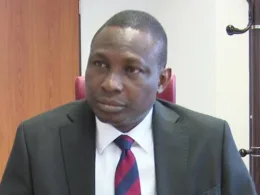Lebanese Militant Convicted of Diplomat Killings Granted Conditional Release By French Court Amid Controversy and Prosecutor’s Appeal
PARIS, FRANCE– A French court has ruled that pro-Palestinian Lebanese militant Georges Ibrahim Abdallah, who has been imprisoned for 40 years, will be released on December 6, provided he leaves France permanently. Abdallah, 73, was convicted in 1987 for his role in the 1982 assassinations of US military attaché Charles Ray and Israeli diplomat Yakov Barsimentov in Paris.
Appeal by Prosecutors
The office of France’s anti-terrorism prosecutor has announced its intention to appeal the court’s decision. In a statement, prosecutors emphasized the conditional nature of the release, which bars Abdallah from re-entering French territory.
A Controversial Conviction
Abdallah was a founding member of the Marxist-Leninist Lebanese Armed Revolutionary Factions (LARF), which carried out attacks in France during the 1980s. The group claimed responsibility for the killings, citing US and Israeli involvement in Lebanon’s civil war and the Israeli occupation of southern Lebanon as motives.
Sentenced to life imprisonment in 1987, Abdallah’s punishment far exceeded the 10-year term initially sought by prosecutors. His lawyer at the time, Jacques Verges, condemned the verdict as a “declaration of war.”
A Polarizing Figure

While Abdallah’s incarceration has been supported by countries like the US, he is hailed as a symbol of resistance by leftist activists, anti-Zionist groups, and human rights advocates. They argue that his prolonged detention is unjust and politically motivated, likening his case to that of Nelson Mandela.
Decades of Denied Parole
Abdallah, who became eligible for parole in 1999, has seen his release requests rejected repeatedly. In 2013, he was granted conditional release, but then-Interior Minister Manuel Valls blocked the move, citing political concerns.
‘A Legal and Political Victory’
Jean-Louis Chalanset, Abdallah’s lawyer, has celebrated Friday’s decision as a triumph. Unlike prior rulings, this release order does not require government approval for deportation, a crucial shift in Abdallah’s case.
Lingering Tensions
Abdallah, who has never expressed regret for his actions, remains a divisive figure. His supporters view him as a fighter for Palestinian rights, while critics, including the US government, argue he remains a threat due to his militant ideology.
The court’s decision casts a spotlight on France’s justice system and its handling of politically sensitive cases, with activists continuing to decry Abdallah’s prolonged detention as an enduring stain on French democracy.










Join our Channel...